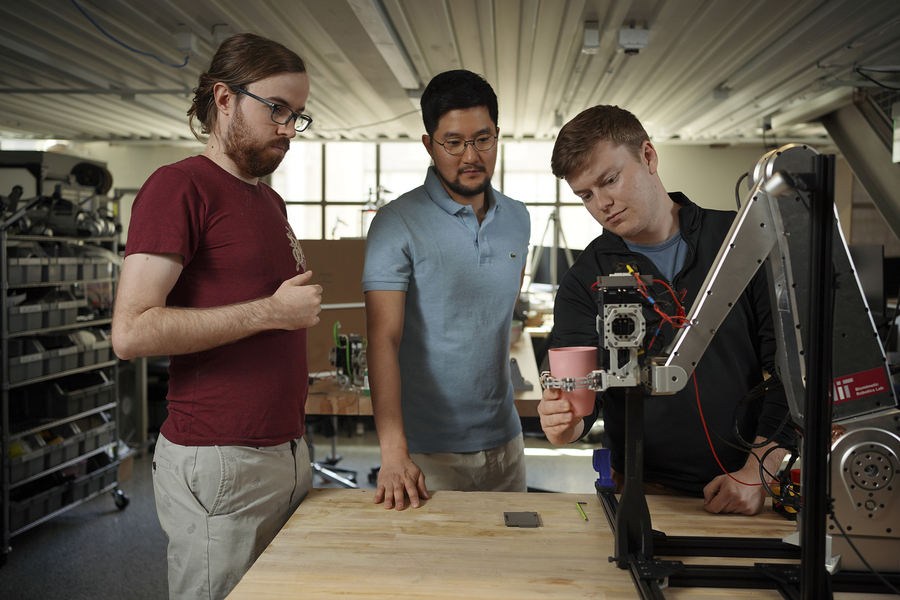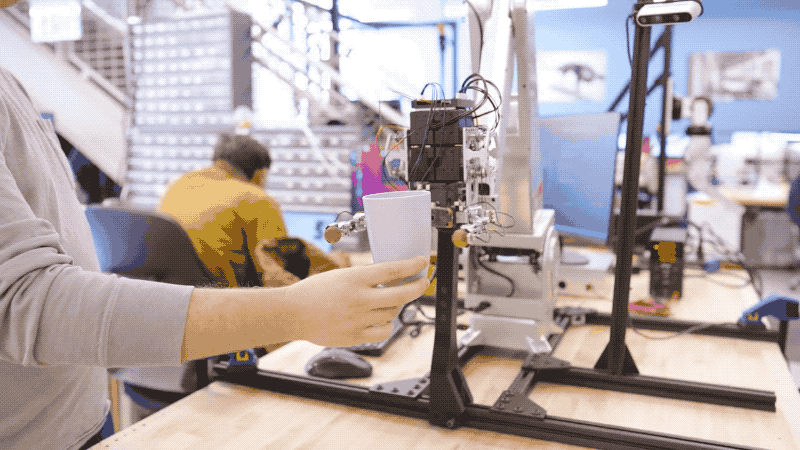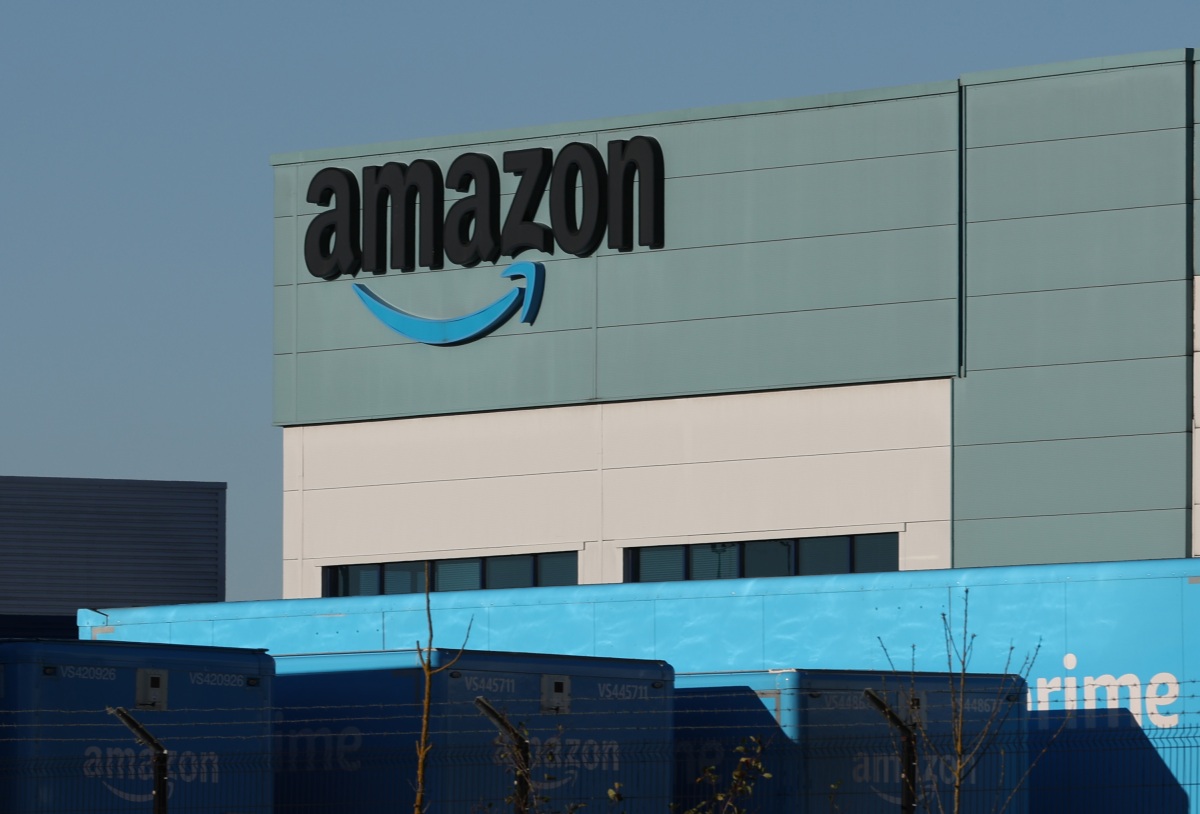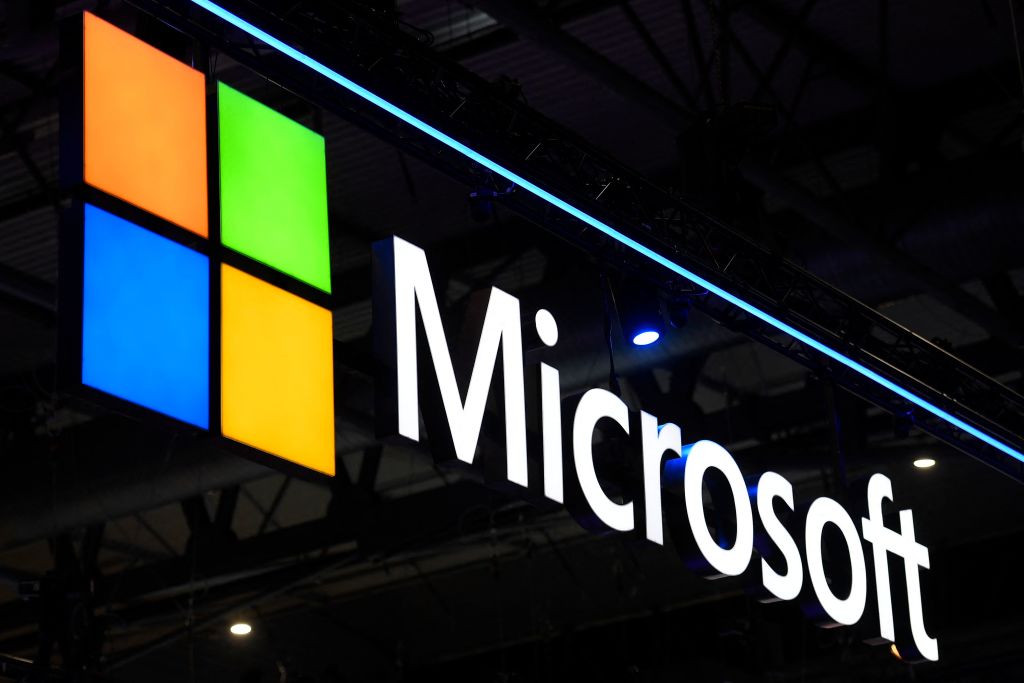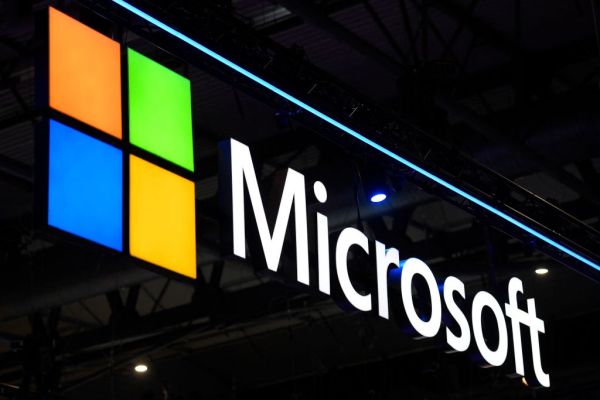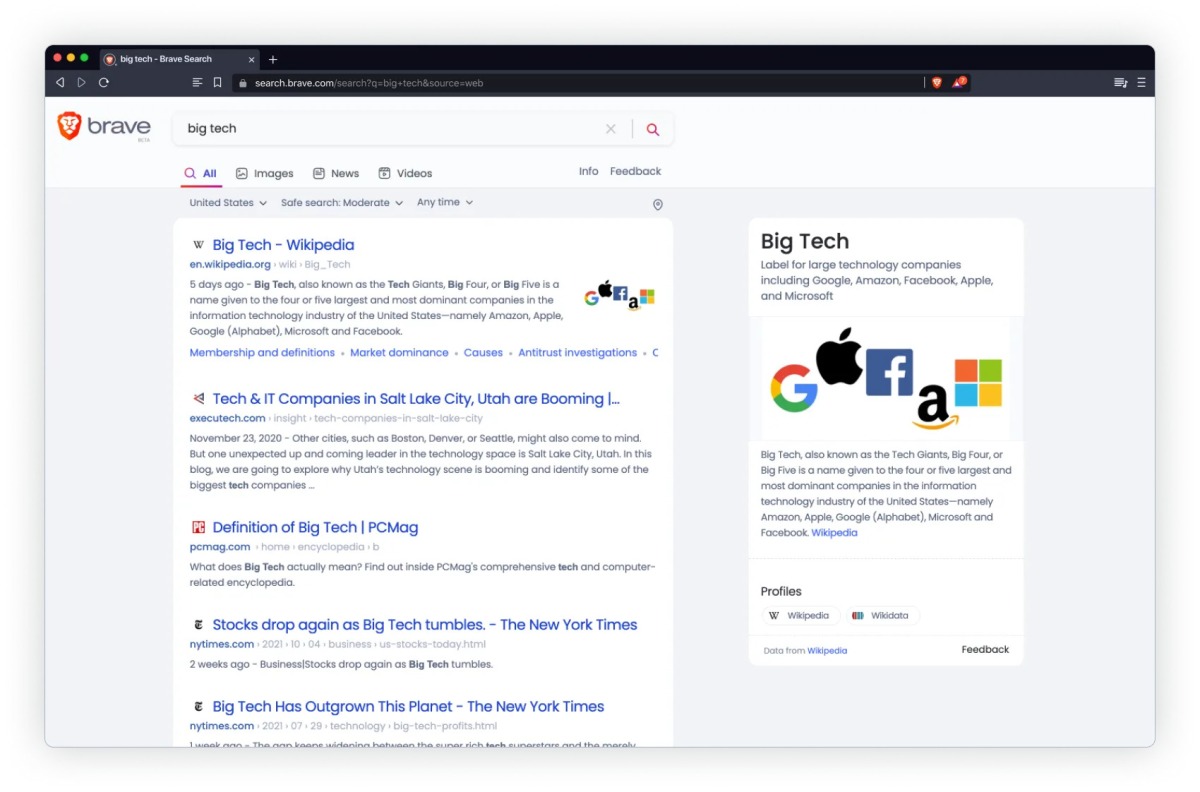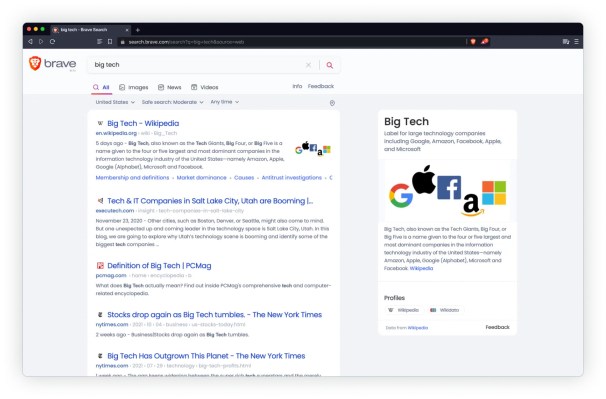OpenAI, the startup behind the widely used conversational AI model ChatGPT, has closed its new funding round of over $10.3 billion, TechCrunch has learned.
VC firms including Tiger Global, Sequoia Capital, Andreessen Horowitz, Thrive and K2 Global are in the round, according to documents seen by TechCrunch. A source tells us Founders Fund is also investing. Altogether the VCs have put in just over $300 million at a valuation of $27 billion to $29 billion. This is alongside a big investment from Microsoft announced earlier this year, a person familiar with the development told TechCrunch. The size of Microsoft’s investment is believed to be around $10 billion, a figure we confirmed with our source.
If all this is accurate, this is the closing of the round that The Wall Street Journal reported was in the works in January. We confirmed that was when discussions started, amid a viral surge of interest in OpenAI and its business.
While Microsoft’s investment comes with a strong strategic angle — the tech giant is working to integrate OpenAI’s tech across a number of areas of its business — the VCs are coming in as financial backers.
From what we understand, the term sheets have been signed by investors and the money’s been transferred; still to come is countersigning from OpenAI. The plan was to make this investment public next week.
Altogether, outside investors now own more than 30% of OpenAI.
According to PitchBook data, it appears that Peter Thiel had already been a backer but it seems this is the first time Founders Fund will be investing; K2 Global, a firm with just one partner, Ozi Amanat, and Thrive are also first-time backers of the startup. From PitchBook data, it looks like Sequoia, a16z and Tiger Global had been earlier investors in the company but they’d sold stakes; this latest investment would bring them back in.
A number of firms, including Tiger and Sequoia, have had some knocks as a result of the financial crisis the tech sector has seen in the last year; in general, a number of VCs have massively slowed down their investing pace, sitting on so-called “dry powder” waiting for a better climate, and maybe better opportunities.
So at a moment when investors are on the hunt for interesting AI startups to back, OpenAI is likely seen as the kind of opportunity that looks good right now.
“They’re probably trying to use this [funding] to say hey, look, we found a golden apple,” a source said of the decision to back OpenAI here and now. “Venture is a very strange place where anything can happen. You can go big to broke to big again, at any time.”
OpenAI has an army of technical teams working across a range of areas, but the area that has attracted a lot of attention of late is GPT, short for Generative Pre-trained Transformer, which is OpenAI’s family of large language models used by third parties by way of APIs.
There is also ChatGPT, the generative AI service that OpenAI released at the end of November 2022 based on GPT that lets anyone type out a natural question and get a cogent, detailed answer. ChatGPT has been a certifiable hit, with more than 1 billion visitors to its website in February, says SimilarWeb — and that’s not including those using that tech via third parties.
Generative AI is very much all the rage right now, but OpenAI has its controversies, too, with many focused on that buzzy, consumer-facing ChatGPT product. People have questioned whether it lies, whether it is a “virus,” how it handles privacy, if it can be manipulated to be toxic or commit libel; and in the wake of so many more rushing into AI development, even the very nature of how “open” OpenAI’s GPT branding will be longer term has come up for discussion.
In fairness, OpenAI has acknowledged the work that still needs to be done, and meanwhile it’s continued to develop services and iterate. In February, the startup introduced a paid version of ChatGPT, called ChatGPT Plus with a faster user experience. It was

If you want to receive TechCrunch’s most important stories directly in your inbox every day at 3 p.m. PDT, subscribe here.
In today’s Equity podcast episode, the team discusses whether First Republic’s decline in shares is a result of SVB’s collapse, or if there are other factors involved. Meanwhile, Jacquelyn’s Chain Reaction newsletter looks at what’s in store now that Binance.US has backed away from its $1.3 billion deal with Voyager. And for the weekend, TechCrunch wishes its readers a good time and encourages them to pursue fun activities.
The TechCrunch Top 3
- The beginning of the end?: First Republic Bank’s shares were down 40% on rumors that the government may take over, says Alex. This is not good news for the bank or its customers, who do not yet have the same protections provided to SVB’s customers.
- Missing: Manish notes Amazon’s latest earnings report does not include its India business, which is unusual.
- All grown up: According to Ivan’s report, Brave Search is no longer using Bing’s index for its search engine.
Startups and VC
Postscript and Attentive, two mobile messaging services providers, became embroiled in a public spat earlier this month after Attentive sent a cease-and-desist letter to Postscript over a client case study regarding nutrition firm BUBS Naturals, says Christine. Postscript claims BUBS left Attentive for its shrinking list and that it had difficulty transferring its list to its platform. Shariah-compliant fintechs that avoid alcohol, tobacco transactions and interest charges are now available, says Catherine.
Finally, Impartner VP of product Gary Sabin explains how persona-based services in implementation, customer support, and customer success improved customer satisfaction ratings and NPS scores. Five additional stories are also available.
Reddit is developing Discord-like channels, which will have dedicated channels for moderators to manage subreddits and decide if the feature should be enabled for the community or not, according to Ivan.






